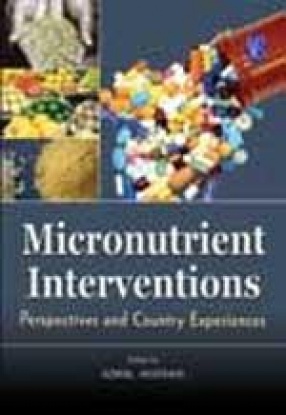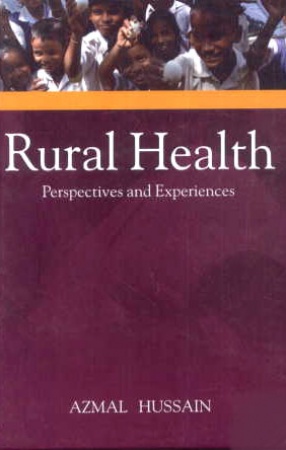Micronutrient deficiencies represent a formidable health challenge for people of developing countries. Deficiencies of vitamin A, iodine and iron are known to be especially prevalent and are associated with a range of mild (and often reversible) to severe (and often irreversible) health consequences. Known clinical outcomes of micronutrient deficiencies include impaired growth and cognitive development, poor birth outcomes, anemia, cretinism, and blindness. On the other hand, reducing micronutrient deficiencies can reduce the rate of maternal and child mortality, morbidity, and disability and increase adult physical work capacity and productivity. Particularly in school age children, micronutrient deficiencies have been shown to reduce a child’s ability to attend school and pay attention to studies. Besides, micronutrient supplements are valuable for meeting acute cases of deficiency diseases. Cultural, economic, geographic, climatic and political conditions can influence the suitability of particular interventions or combinations of interventions. The book is focused on micronutrient intervention as an important global health issue that deserves serious attention from a range of stakeholders including Government, aid agencies and communities to name a few, along with highlighting the avenues to address the same as a major component of human health. It is expected to be of interest to policy planners and health administrators, researchers, development professionals, including community-level health workers, and applied anthropologists over and above general readers.
Micronutrient Interventions: Perspectives and Country Experiences
In stock
Free & Quick Delivery Worldwide
reviews
Bibliographic information
Title
Micronutrient Interventions: Perspectives and Country Experiences
Author
Edition
1st ed.
Publisher
ISBN
9788131420188
Length
212p.
Subjects








There are no reviews yet.